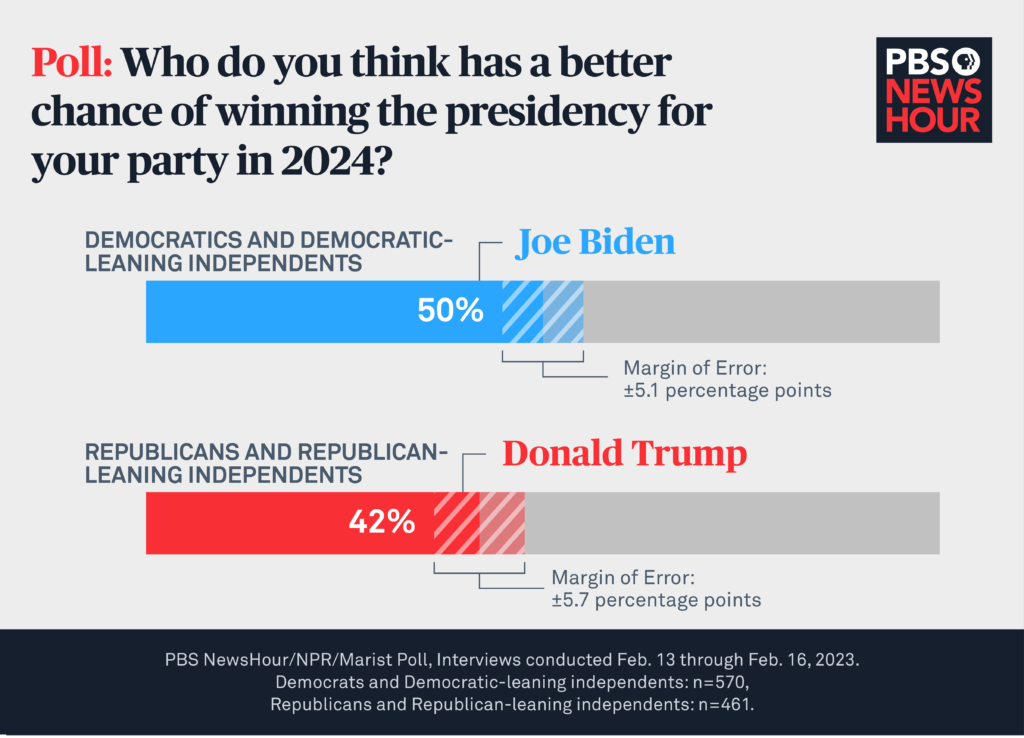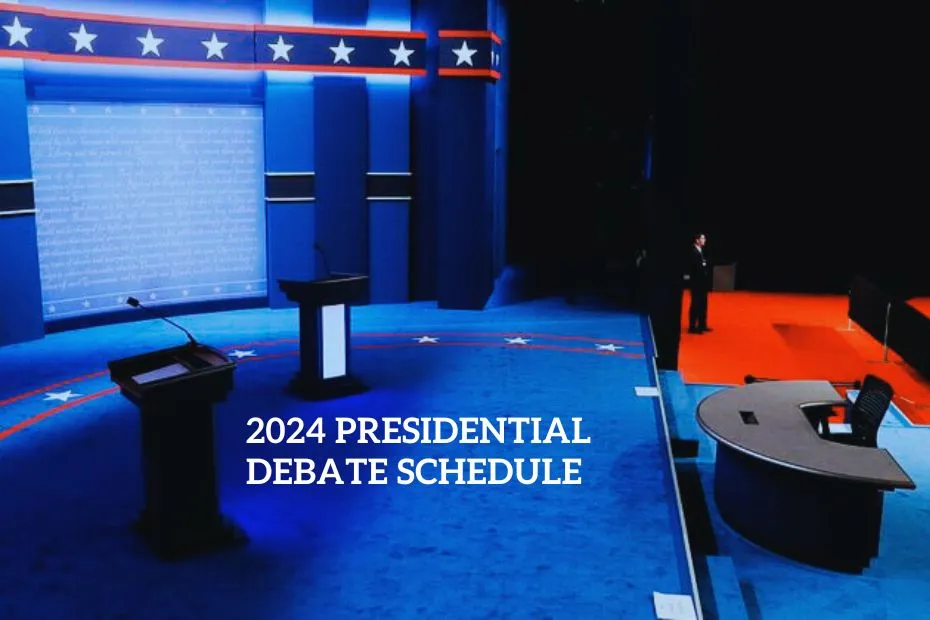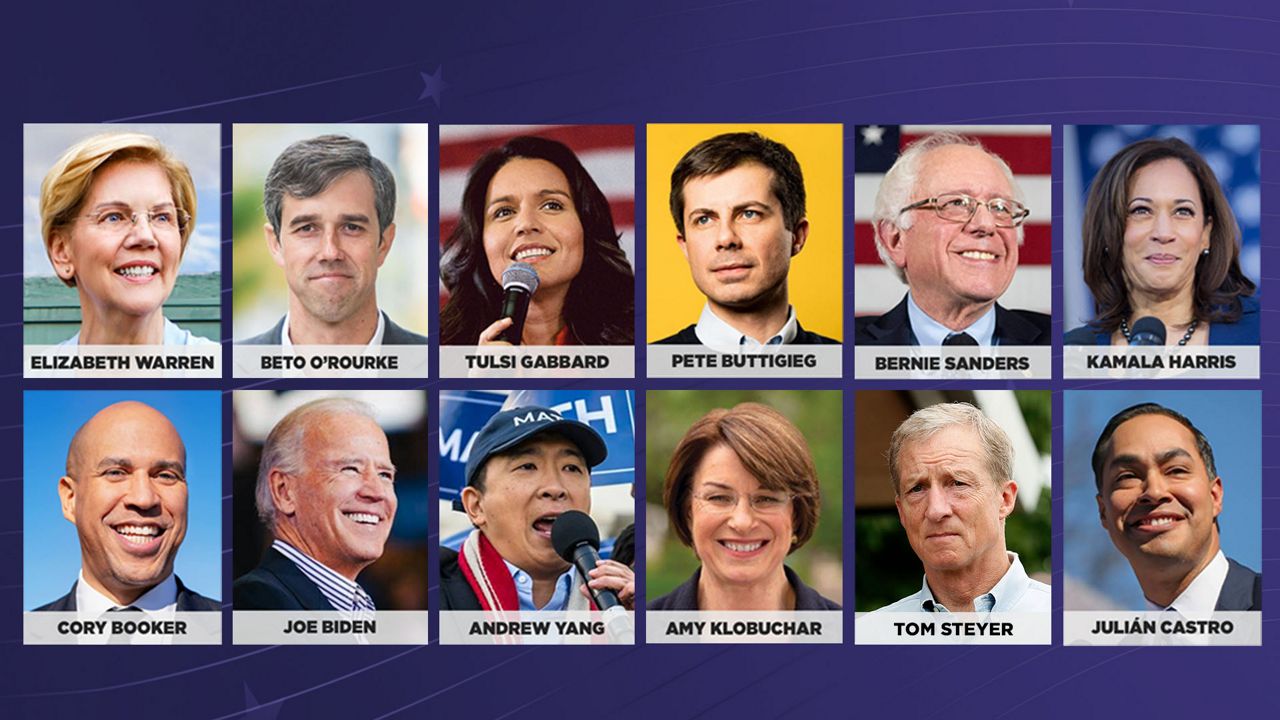Presidential Debate History: Presidential Debate Dates
Presidential debates have become a defining feature of American elections, shaping public discourse and influencing voter choices. Their evolution reflects the changing dynamics of politics, media, and technology, transforming how candidates engage with the electorate.
The Genesis of Presidential Debates
The first televised presidential debate took place on September 26, 1960, between John F. Kennedy and Richard Nixon. This groundbreaking event marked a pivotal moment in American political history, as millions of viewers witnessed the candidates directly address issues and engage in a format that had never been seen before.
The debate, which was moderated by Howard K. Smith, covered a range of topics, including the Cold War, domestic policy, and the economy. The debate was considered a victory for Kennedy, who appeared more relaxed and confident on camera. It is believed that the debate’s impact was significant, influencing the outcome of the election.
The 1960 debate also highlighted the importance of television in political campaigns, as it provided a new platform for candidates to reach a wider audience.
The Rise of the Commission on Presidential Debates
In 1987, the Commission on Presidential Debates (CPD) was established to organize and facilitate presidential debates. The CPD is a non-profit organization that is responsible for selecting the debate topics, choosing the moderators, and overseeing the logistics of the debates. The CPD’s role has been crucial in ensuring that presidential debates are fair and balanced, and that they provide a platform for meaningful dialogue between candidates.
The Evolution of Debate Format and Structure
Over the years, presidential debates have undergone significant changes in format and structure. The early debates were typically single-event, face-to-face encounters between two candidates. However, the format has evolved to include multiple debates, with different formats, including town hall meetings, and debates focused on specific issues.
- In 1976, the first presidential debate with a town hall format was held, where candidates responded to questions from undecided voters.
- In 1988, the first debate focused on a specific issue, with the candidates discussing foreign policy.
- The 2000 debates introduced the use of audience polling, which provided insights into the audience’s perceptions of the candidates’ performance.
- In 2004, the debates were expanded to include more candidates, with the inclusion of Ralph Nader and other third-party candidates.
- The 2016 debates saw a significant increase in the use of social media, with candidates and their campaigns using platforms like Twitter and Facebook to engage with voters and respond to criticism.
Debate Schedule and Format

The upcoming presidential debates are crucial events that allow voters to directly compare the candidates’ positions on key issues. These debates offer a platform for the candidates to engage in a structured dialogue, showcasing their communication skills, policy knowledge, and ability to handle pressure.
Debate Schedule
The schedule for the upcoming presidential debates will be determined by the Commission on Presidential Debates (CPD), a non-partisan organization responsible for organizing and overseeing these events. The CPD typically announces the schedule several months in advance, taking into account factors such as the campaign calendar, media availability, and the candidates’ availability.
Debate Format, Presidential debate dates
The format of the debates can vary depending on the specific event, but generally includes the following elements:
* Topics: The debates usually focus on a range of issues relevant to the election, such as the economy, healthcare, foreign policy, and social issues.
* Rules of Engagement: The CPD sets rules for the debates, including the time allotted for each candidate, the format of questions, and the procedures for handling interruptions or disagreements.
* Moderator: A moderator, typically a journalist or political commentator, is responsible for facilitating the debate, asking questions, and ensuring that the candidates adhere to the rules.
* Audience Participation: The debates may include audience participation in the form of questions or reactions, but this is usually limited and controlled by the CPD.
Comparison of Debate Formats
The formats of different debates can vary significantly, with some emphasizing a more formal and structured approach while others allow for greater spontaneity and interaction.
* Town Hall Debates: These debates feature a more informal format, with questions from the audience playing a significant role. Candidates are often seated on a stage, and the moderator takes questions from the audience, which are then directed to the candidates.
* Traditional Debates: These debates typically follow a more structured format, with the moderator asking questions to the candidates, who then have a set amount of time to respond.
* One-on-One Debates: These debates involve only two candidates, allowing for a more direct and focused discussion.
Examples of Debate Formats
The format of past presidential debates has varied, with some examples including:
* 2020 Presidential Debates: The first debate was a traditional format, while the second debate was a town hall format, and the third debate was a traditional format.
* 2016 Presidential Debates: The debates in 2016 included both traditional and town hall formats, with the moderator playing a more active role in guiding the discussion.
* 2012 Presidential Debates: The debates in 2012 featured a mix of traditional and town hall formats, with a focus on policy issues.
Debate Impact and Analysis

Presidential debates are pivotal events in the American political landscape, often influencing voter preferences and shaping the narrative of an election. These high-stakes encounters provide a platform for candidates to directly engage with the electorate, showcase their policies, and demonstrate their leadership qualities. The impact of debates can be profound, potentially altering the course of an election and influencing the outcome.
Communication Styles and Strategies
The communication styles and strategies employed by candidates during debates can significantly impact public perception and influence voter decisions. Effective communication during debates involves conveying messages clearly, engaging with the audience, and responding effectively to challenges.
- Direct and Concise Messaging: Candidates who communicate their ideas directly and concisely are more likely to resonate with voters. Clear and concise language allows voters to easily grasp the candidate’s positions on key issues. For example, in the 2016 presidential debates, Donald Trump’s direct and often blunt communication style appealed to a segment of the electorate seeking a change from the status quo.
- Empathy and Connection: Demonstrating empathy and connecting with voters on a personal level can foster trust and support. Candidates who express understanding for the concerns and struggles of the electorate are more likely to build rapport. In the 2020 debates, Joe Biden’s focus on empathy and his personal experiences resonated with many voters seeking a leader who could understand their struggles.
- Strategic Use of Body Language: Body language plays a crucial role in communication, and candidates can use it strategically to convey confidence, authenticity, and engagement. Strong eye contact, confident posture, and appropriate hand gestures can enhance a candidate’s presence and credibility. During the 2012 debates, Barack Obama’s calm demeanor and confident body language projected an image of leadership and composure.
Key Moments and Exchanges
Throughout history, presidential debates have witnessed numerous key moments and exchanges that significantly shaped the political landscape or influenced voter decisions. These moments often involve impactful statements, confrontational exchanges, or unexpected turns of events that capture the public’s attention and become defining moments of the campaign.
- “Read My Lips, No New Taxes”: During the 1988 presidential debates, George H.W. Bush’s famous pledge “Read my lips, no new taxes” became a defining moment of the campaign. This promise, however, ultimately backfired when Bush later signed a tax increase bill, leading to accusations of broken promises and contributing to his defeat in the 1992 election.
- “There You Go Again”: In the 1980 presidential debates, Ronald Reagan’s iconic retort “There you go again” to Jimmy Carter’s criticism of his economic policies became a memorable moment. This snappy response highlighted Reagan’s ability to deflect attacks and project an image of confidence, contributing to his landslide victory.
- “I Am Not a Crook”: During the 1972 presidential debates, Richard Nixon’s emphatic declaration “I am not a crook” in response to allegations of corruption became a defining moment of the campaign. This statement, while initially aimed at refuting accusations, ultimately became a symbol of Nixon’s political downfall and contributed to his resignation in the wake of the Watergate scandal.
The upcoming presidential debate dates are a major event in the political calendar, and while the focus will be on policy and leadership, some might find themselves reminiscing about the simpler days of childhood. For those seeking a dose of nostalgia, the McDonald’s Collectors Meal is a blast from the past.
Perhaps a trip down memory lane with a Happy Meal will provide a welcome respite from the heated political discourse leading up to the debates.
The upcoming presidential debates will be a crucial moment for voters to assess the candidates’ stances on key issues, including the ongoing COVID-19 pandemic. As the world continues to grapple with the virus, understanding who COVID-19 affects and how to mitigate its impact will be central to the candidates’ policy discussions.
These debates will provide a platform to address these concerns and shape the future direction of the country’s response to this unprecedented health crisis.

